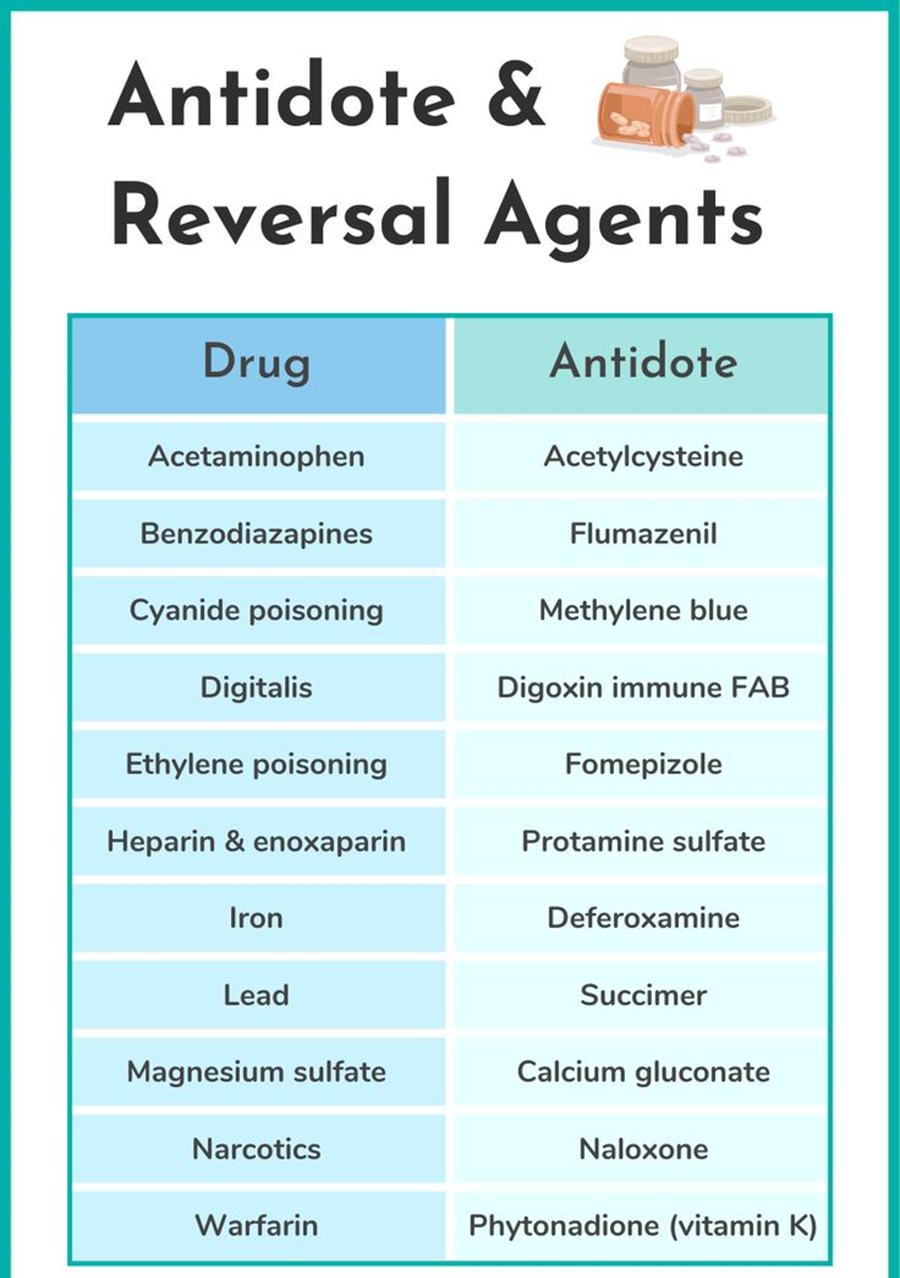A client has chest pain rated 8/10 as stated by the patient. The 12-lead ECG reveals ST elevation in the inferior leads and the lab results reveal cardiac enzyme levels are elevated. What is the highest priority for nursing management of this client at this time?
Monitor daily weights and urine output.
Administer TPA to prevent further damage as a result of a clot.
Provide client education on medications and diet to prevent recurrence.
Reduce pain and myocardial oxygen demand.
The Correct Answer is D
A. Monitor daily weights and urine output.
Monitoring daily weights and urine output is an important aspect of managing heart failure or other cardiac conditions. However, in the context of a client with chest pain, ST elevation, and elevated cardiac enzymes (indicating a myocardial infarction), the immediate focus is on addressing the acute event and reducing myocardial oxygen demand.
B. Administer TPA to prevent further damage as a result of a clot.
Tissue plasminogen activator (TPA) is a thrombolytic medication that can be administered to dissolve blood clots in the coronary arteries during a myocardial infarction. However, the administration of TPA has a specific timeframe within which it is most effective. It is crucial to know the elapsed time since the onset of symptoms, and there are specific criteria and contraindications for its use.
C. Provide client education on medications and diet to prevent recurrence.
Client education on medications, lifestyle modifications, and dietary changes is an essential component of long-term management for preventing recurrence of cardiovascular events. However, during the acute phase of a myocardial infarction, the immediate priority is to stabilize the client and address the acute event, with education being a secondary consideration.
D. Reduce pain and myocardial oxygen demand.
During the acute phase of a myocardial infarction, reducing pain and myocardial oxygen demand is the highest priority. This is typically achieved through the administration of medications such as nitroglycerin for vasodilation and opioids for pain relief. Other interventions to optimize oxygen supply and demand, such as supplemental oxygen and reperfusion strategies, may also be considered.
Nursing Test Bank
Naxlex Comprehensive Predictor Exams
Related Questions
Correct Answer is A
Explanation
A. "A single elevated blood pressure does not confirm hypertension. A diagnosis of hypertension requires two or more elevated readings taken by your physician before a diagnosis can be made."
This response emphasizes the need for multiple elevated readings for a diagnosis of hypertension. It educates the individual about the diagnostic criteria and encourages them to seek further evaluation from their physician.
B. "We will need to reevaluate your blood pressure because your age places you at high risk for hypertension."
This response might be seen as implying that age alone is a significant factor in determining hypertension, which may not be accurate. While age is a risk factor, the emphasis should be on the need for multiple readings and a physician's evaluation rather than attributing it solely to age.
C. "Hypertension is prevalent among men: it is fortunate we caught this during your routine examination."
This response suggests that the elevated blood pressure is automatically assumed to be hypertension based on gender. It is important to avoid making assumptions and instead focus on the need for proper evaluation and multiple readings for a hypertension diagnosis.
D. "You have no need to worry. Your pressure is probably elevated because you are being tested."
This response dismisses the individual's concerns and attributes the elevated blood pressure solely to the testing situation. While stress or anxiety can influence blood pressure readings, it's essential to address the need for further evaluation and not completely disregard the possibility of hypertension.
Correct Answer is B
Explanation
A. Factor VIII: Factor VIII is a component of the clotting cascade, but it is not the antidote for warfarin. Factor VIII is used in the treatment of hemophilia A.
B. Vitamin K: This is the correct answer. Vitamin K is the antidote for warfarin overdose. It helps in the synthesis of clotting factors.
C. IVIG (Intravenous Immunoglobulin): IVIG is not an antidote for warfarin. It is used for various immune-related conditions.
D. Factor X: Factor X is also a clotting factor, but it is not the antidote for warfarin. Factor Xa inhibitors are used as anticoagulants.

Whether you are a student looking to ace your exams or a practicing nurse seeking to enhance your expertise , our nursing education contents will empower you with the confidence and competence to make a difference in the lives of patients and become a respected leader in the healthcare field.
Visit Naxlex, invest in your future and unlock endless possibilities with our unparalleled nursing education contents today
Report Wrong Answer on the Current Question
Do you disagree with the answer? If yes, what is your expected answer? Explain.
Kindly be descriptive with the issue you are facing.
